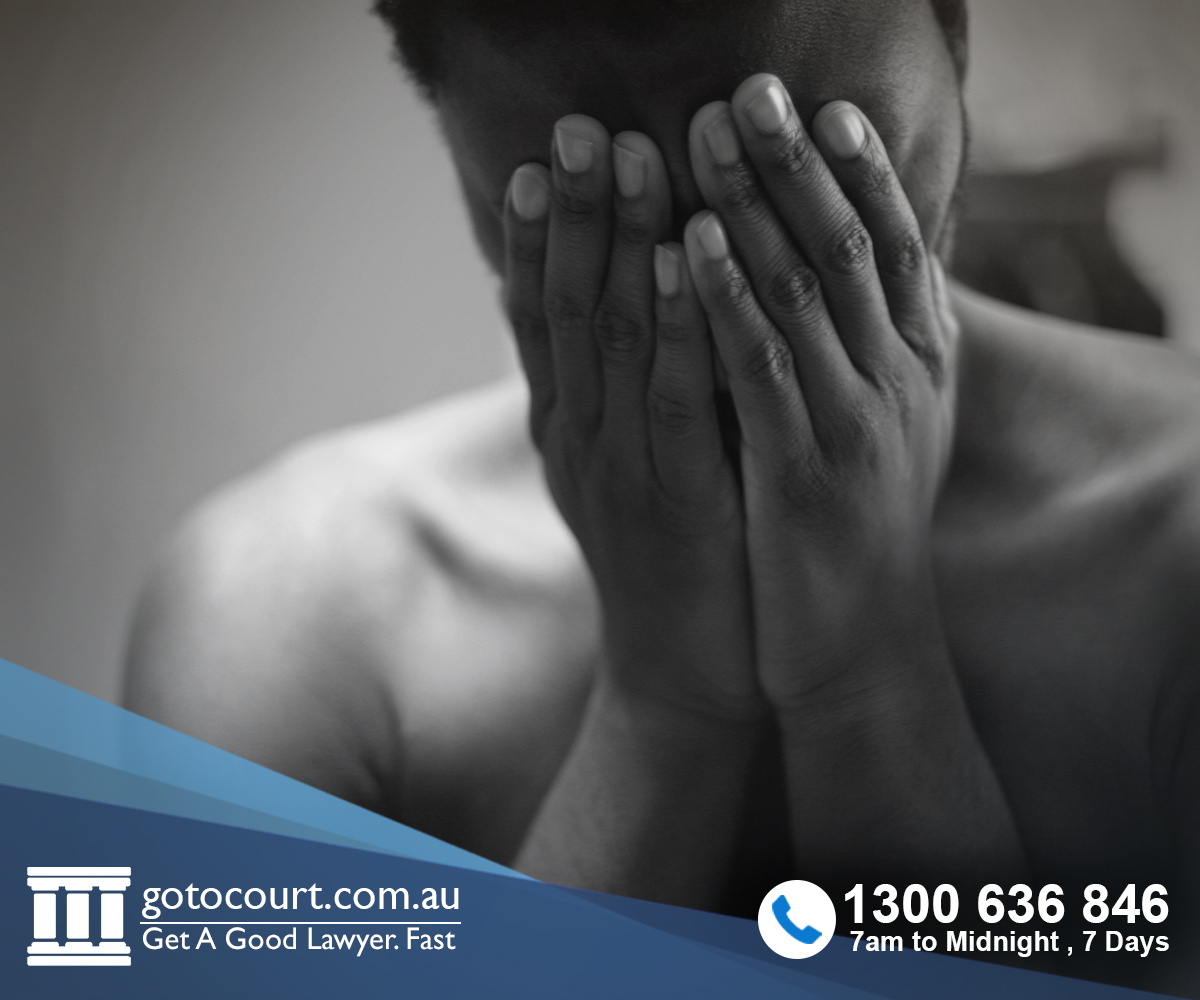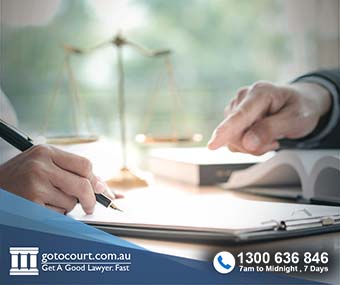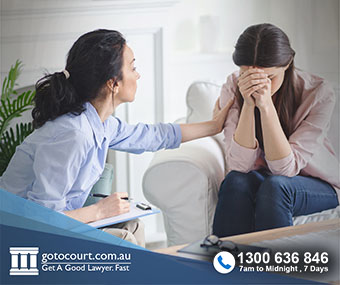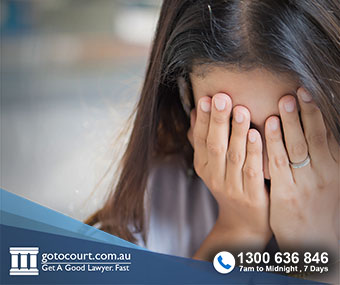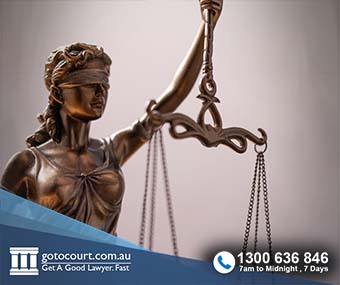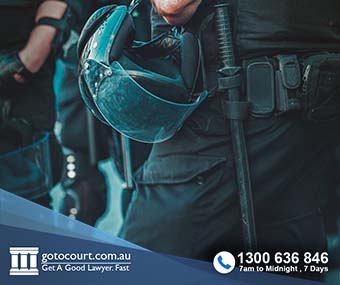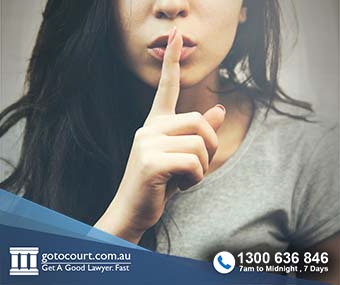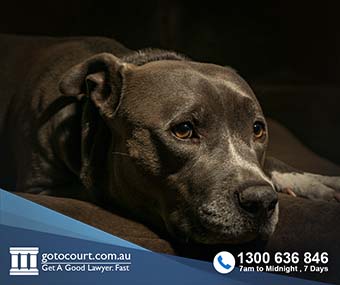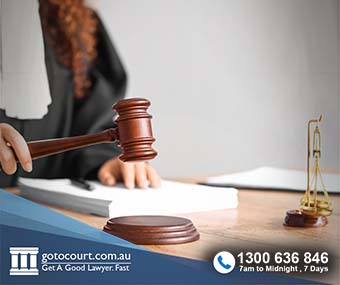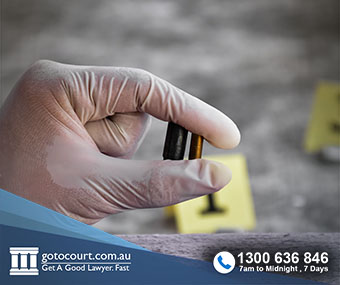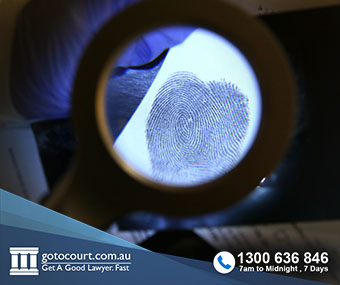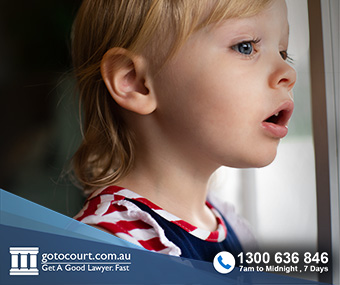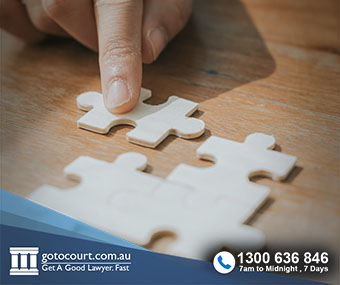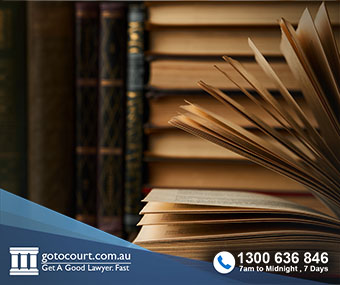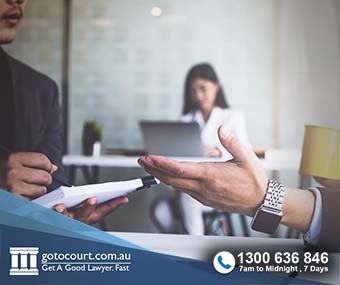Competence and Compellability of Witnesses (Qld)
Competence and Compellability of Witnesses (Qld)
A witness who gives evidence in a criminal proceeding must be competent to do so. This means that the witness must be capable of functioning as a witness. The issue of competence is most likely to arise when the witness is a child or has a disability. A witness who is competent to give evidence is compellable to do so. This means that the person can be required to attend court to give evidence and can face consequences if they fail to do so. However, the Evidence Act 1995 provides that some categories of witnesses can be excused from giving evidence based on their relationship with the accused.
Competence
Section 6 of the Evidence Act 1977 (Qld) states that no person shall be excluded from giving evidence on the ground that they have an interest in the matter. It also precludes a person being excluded on the basis that they have previously been convicted of any offence. Section 9 of the act sets up a presumption that every person, including children, is presumed to be competent to give evidence in a proceeding.
If an issue is raised, by a party to the proceeding or by the court, about the competence of a person who has been called as a witness, the person will be deemed competent to give evidence if, in the court’s opinion, the person is able to give an intelligible account of events which he or she has observed or experienced (Section 9A).
In some circumstances, expert evidence about a witness’s competence to give evidence may be required. This is the case when the court needs to decide whether a person is able to give an intelligible account of events and when the evidence of a child under 12 has been admitted. Expert evidence about the witness’s level of intelligence will be admissible in the proceeding, including their powers of perception, memory and expression, or any other matter relevant to their competence to give evidence, to give evidence on oath, or their ability to give reliable evidence (Section 9C).
A person’s competence to give sworn evidence may also be called into question. Under Section 9B of the Evidence Act, a person will be deemed competent to give evidence on oath (with a religious oath or a non-religious affirmation) if, in the court’s opinion, the person understands the following:
- That the giving of evidence is a serious matter; and
- That in giving evidence, he or she has an obligation to tell the truth that is over and above the ordinary duty to tell the truth.
If the person is competent to give evidence in the proceeding but is not competent to give the evidence on oath, the court must explain to the person the duty of speaking the truth. The person can then proceed to give unsworn evidence. When unsworn evidence is given, the judge must inform the jury of the reasons why the witness could not give sworn evidence and warn it that it must be cautious in deciding whether or not to accept the evidence.
Special provisions for child witnesses
For the purposes of giving evidence, a child means a child under 16. Special procedures exist for child witnesses because children tend to be vulnerable in dealings with authority.
The general principles that apply when dealing with a child witness in a proceeding are:
- The child is to be treated with dignity, respect and compassion;
- Measures should be taken to limit, as much as possible, the distress or trauma suffered by the child when giving evidence;
- The child should not be intimidated in cross-examination; and
- The proceeding should be dealt with as quickly as possible.
Privileges and obligations of witnesses
A person who is competent to give evidence is a compellable witness. However, a person who is otherwise a compellable witness may in certain circumstances decline to answer certain questions because they possess a ‘privilege’. The privileges that can be claimed by a compellable witness are outlined below.
Privilege against self-incrimination
The Evidence Act 1977 (Qld) does not require any person to answer any question, or produce any document, that would tend to incriminate the person. In practice, this means that when a witness is asked a question that may expose them to prosecution for an offence if they answer it honestly (For example, ‘Had you taken any drugs that day?’) they are not obliged to answer that question.
However, in a criminal proceeding, when the accused chooses to give evidence in their defence, their liability to answer any question is changed. An accused who gives evidence in the proceeding against them is not entitled to refuse to answer a question. An accused cannot, however, be called as a witness by the prosecution and gives evidence only if they wish to do so.
Legal professional privilege
Legal professional privilege allows for the confidentiality of communications between a lawyer and their client. This allows a client to engage in honest and frank communication with their legal representatives and protects information and communications for the purpose of litigation.
In deciding whether a communication is privileged, a court will have regard to the competing interests of a person’s need to speak freely with their legal representative and the public’s need for all of the evidence pertaining to the matter in dispute.
Lawyers are not compellable to give evidence about confidential discussions they have had with their clients because of legal professional privilege.
There are a number of exceptions to legal professional privilege. These exceptions apply in circumstances where:
- The privilege has been waived;
- The release of the information is in the public interest;
- A statute modifies or removes the privilege where a competing public interest is a higher priority; and
- The communication is for the purpose of facilitating a fraud or crime.
Marital privilege
In the past, there was a marital privilege which existed to protect witnesses from being compelled to disclose information about their spouse. However, this was abolished and spouses are now compellable witnesses. A spouse can be compelled to give evidence in a criminal proceeding in which his or her spouse is charged, to disclose any communication made to him or her during the marriage. This includes de facto spouses.
If you require legal advice or representation in any legal matter, please contact Go To Court Lawyers.

Affordable Lawyers
Our Go To Court Lawyers will assist you in all areas of law. We specialise in providing legal advice urgently – at the time when you need it most. If you need a lawyer right now, today, we can help you – no matter where you are in Australia.How It Works




1. You speak directly to a lawyer
When you call the Go To Court Legal Hotline, you will be connected directly to a lawyer, every time.

2. Get your legal situation assessed
We determine the best way forward in your legal matter, free of charge. If you want to go ahead and book a face-to-face appointment, we will connect you with a specialist in your local area.

3. We arrange everything as needed
If you want to go ahead and book a fact-to-face appointment, we will connect you with a specialist in your local area no matter where you are and even at very short notice.


